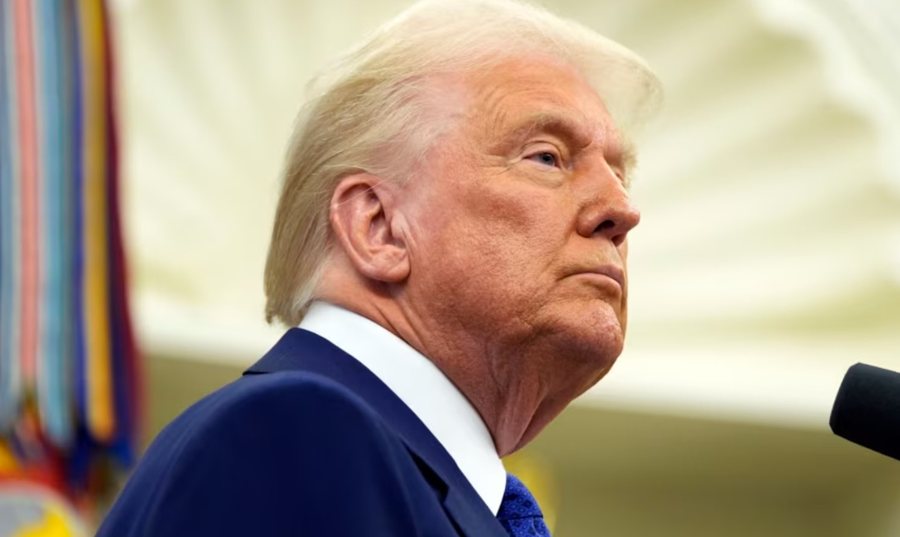
This week, US President Donald Trump's new tariffs on trading partners, including Albania, will take effect, where tariffs on our goods sold in US markets will increase by 10%.
But what is the expected impact of this White House trade policy on the global economy and subsequently, even on small countries like Albania, which are characterized by great dependence on what happens in the world, due to high levels of imports and low production?
The tariffs are expected to slow global trade, raising costs for all consumers. This comes as countries facing US tariffs have threatened to retaliate, triggering a global wave of price increases. This trade policy risks being accompanied by increased protectionism, as Trump's tariffs have forced other countries to put up trade barriers.
Such a situation will lead to a blow to supply chains, as international companies will face pressure to change suppliers or relocate production. Financial markets will also suffer, as those already shown last week. If the tariff situation escalates, then the global economy risks slowing down, especially if it is accompanied by other crises, such as geopolitical conflicts or financial problems.
How exposed is the Albanian economy in the face of this big global picture?
The impact will be direct from the European Union, which is Albania's main trading partner. The EU could be embroiled in a trade war with the United States, as it did in 2018 with tariffs on steel and aluminum. Albania attracts foreign investment mainly from Europe and less from America. But global uncertainty could cause a contraction of these investments.
On the other hand, if the new tariffs trigger a global wave of price increases, Albania is automatically affected, since it imports most of the products it consumes, mainly food products. Another expected effect is that increased economic uncertainty in the EU and the US could lead to a contraction in remittances sent by emigrants and a decrease in tourist movements. Problems in world trade would reduce Albania's opportunities for exports, while the effects would also be felt in the exchange rate, influenced by global tensions.
But let's go back to the first massive effect of this trade war, which will be the global price increase. For countries like Albania, this would be on the scale of a crisis, due to the high dependence on imports and low production.
The price hike would be felt mainly in food products, whose inflation is significantly higher than the general inflation. We recall that food accounts for 38% of the budget of an average family in Albania, while for the poor and pensioners, this weight increases significantly to 70% of monthly income. We recall that just a few months ago, Albania, like the rest of the world, left behind the price crisis caused by the war in Ukraine, risking being faced with a second crisis. A crisis that will spare no one, starting with the Americans and sooner or later, will affect everyone! (A2 Televizion)











